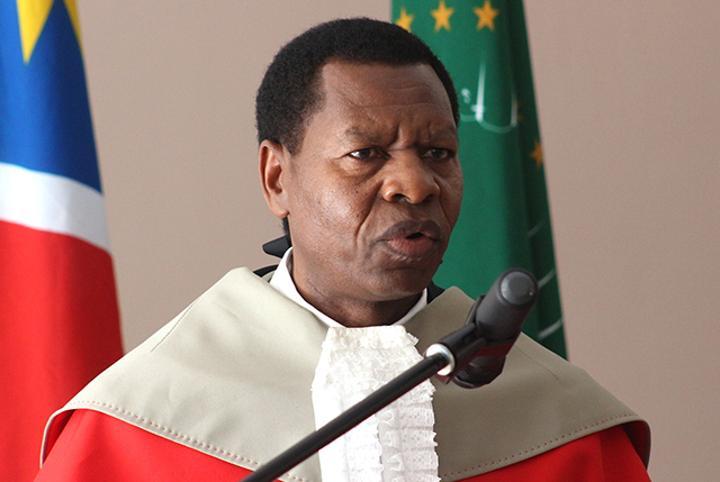Africa-Press – Namibia. Namibia’s High Court is facing a “critical shortage” of judges, chief justice Peter Shivute says.
“The retirement of experienced judges, combined with an ever-increasing caseload, has placed heavy demands on the bench,” Shivute said in opening remarks at a two-week training programme for aspirant judges in Windhoek yesterday.
Shivute – whose remarks were delivered by deputy chief justice Petrus Damaseb – said it is a reality that the recruitment of suitably qualified judges for the High Court, and especially for its civil stream, has been challenging, because many potential candidates have had limited exposure to High Court civil practice and procedure.
Judicial leaders have a responsibility to build and empower the next generation of judicial officers, Shivute said.
“Just as significant effort is devoted to shaping legal reforms with enduring impact, equal attention must be given to ensuring that capable, well-prepared individuals are ready to sustain and advance those reforms,” he stated.
The training programme for aspirant judges speaks directly to that responsibility, Shivute remarked.
“Let me be candid: The role of a judge is a demanding and weighty responsibility. It calls for the capacity to operate under constant scrutiny, to decide matters impartially and without fear or favour, and to uphold the highest standards of integrity, impartiality, and independence. It is a position where the decisions made can have far-reaching consequences.
“Yet, despite the challenges and the pressure, it is also one of the most rewarding forms of public service; one that offers the privilege of making a lasting difference in people’s lives and in the administration of justice,” he said.
The training programme is being attended by 34 candidates, Office of the Judiciary spokesperson Vikitoria Hango says.
Shivute noted that during the training programme, candidates will receive intensive legal training aimed at equipping and empowering them for the responsibilities associated with service on the High Court bench.
“The programme will focus primarily on deepening their knowledge of High Court practice and procedure, enhancing their legal analysis, and strengthening their mastery of the substantive and procedural law applied in the High Court, while also providing insight into the practical realities, demands, and expectations of judicial service at that level,” he said.
The training is provided by current judges of the High Court and Supreme Court.
For More News And Analysis About Namibia Follow Africa-Press






